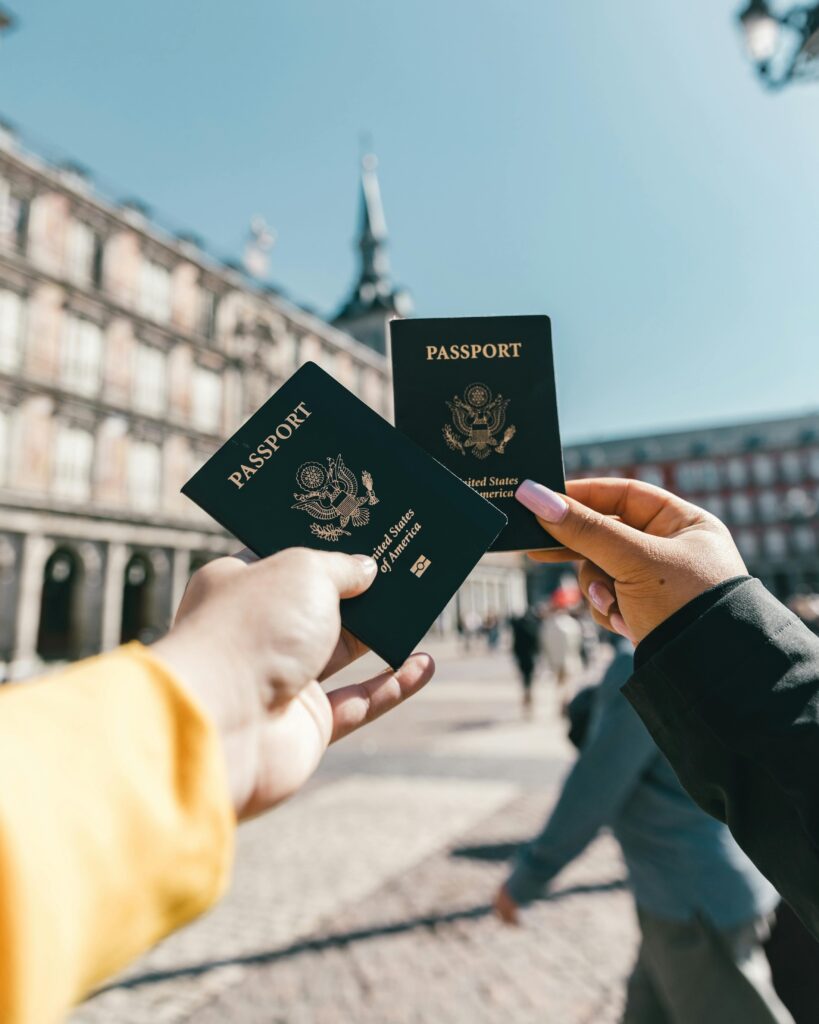
Traveling to a new country can be an exciting adventure, but it can also be a bit daunting, especially if you don’t speak the local language. While English is widely spoken in many parts of the world, making an effort to learn a few basic phrases in the local language can go a long way in enhancing your travel experience. Not only does it show respect for the local culture, but it can also help you navigate daily interactions more smoothly.
Why Learn Basic Phrases?
- Cultural Respect: Learning basic phrases shows respect for the local culture and demonstrates that you are interested in connecting with the people in the country you’re visiting.
- Enhanced Communication: Even if locals speak English, they often appreciate when visitors make an effort to speak their language. This can lead to more meaningful interactions and possibly even new friendships.
- Practicality: Knowing basic phrases can be incredibly practical. From ordering food to asking for directions, being able to communicate in the local language can make your day-to-day activities much easier.
- Safety: In emergency situations, being able to communicate in the local language can be crucial. Knowing how to ask for help or explain a situation could make a big difference.

Essential Phrases to Learn
- Hello/Goodbye: “Hello” and “goodbye” are fundamental in any language. In French, you would say “Bonjour” (hello) and “Au revoir” (goodbye).
- Please/Thank You: Being polite is important in any culture. In Spanish, you would say “Por favor” (please) and “Gracias” (thank you).
- Excuse Me/Sorry: Knowing how to apologize or get someone’s attention is useful. In Italian, you would say “Mi scusi” (excuse me) and “Mi dispiace” (sorry).
- Yes/No: Being able to affirm or negate something can be helpful. In German, you would say “Ja” (yes) and “Nein” (no).
- Where is…?: Asking for directions is a common need. In Japanese, you would say “どこですか?” (doko desu ka?) to ask “Where is…?”
- How much does it cost?: Useful for shopping and negotiating prices. In Mandarin, you would say “多少钱?” (duō shǎo qián?) to ask “How much does it cost?”
- I don’t understand: Sometimes, you’ll encounter a language barrier. In Russian, you would say “Я не понимаю” (Ya ne ponimayu) to express “I don’t understand.”
- Help: In case of an emergency or if you need assistance. In Portuguese, you would say “Socorro” (help).

Tips for Learning Basic Phrases
- Use Language Apps: Apps like Duolingo, Babbel, or Memrise can help you learn basic phrases and pronunciation.
- Practice Pronunciation: Pay attention to accents and intonations, as they can change the meaning of words.
- Use Flashcards: Create flashcards with phrases on one side and translations on the other to help you memorize them.
- Immerse Yourself: Watch local TV shows, listen to music, or try to converse with locals to practice your skills.
- Don’t Be Afraid to Make Mistakes: Locals will appreciate your effort, even if you don’t get it perfect.
By taking the time to learn a few basic phrases in the local language, you’ll not only enhance your travel experience but also show respect for the culture you’re visiting. So, next time you travel, consider learning a few words—it might just open up a whole new world of connections and experiences!





